Lovable AI App Builder Review in 2025
Lovable AI Tools Plans & Pricing
Lovable Comparison
Expert Review
Pros
Cons
Lovable AI Tools's Offerings
Lovable gives you a structured workspace to build professional-grade web apps from start to finish. You begin with a simple prompt, like “Create a project tracker with a dashboard, user logins, and task management.” The AI generates a working scaffold-UI pages, logic workflows, and a database.
But it doesn’t stop there. You can go deeper into each tab-Pages, Data, Workflows, Auth, and Settings fine-tune every part of your app. Want to restrict dashboard access to admins? Done. Want to trigger an email when a form is submitted? It takes two clicks. You can even create production and staging environments, track rollback history, and publish to your domain.
This platform does not hide complexity behind a black box. It gives you visibility and flexibility at every step, making it a strong fit for teams that want speed and reliability.
Lovable.dev offers four tiers that scale with your needs.
Credits are used for AI-powered app generations and updates. The Free plan is great for trying things out or building public or internal tools. The Pro plan is where you unlock private projects and production-ready deployment.
Customer Support
- Documentation – Clear and focused, covering both basics and edge cases
- Discord Community – Active and helpful, with direct feedback from the team
- Bug Reporting – In-app form with fast resolution
- Priority Support – Included on Business and Enterprise plans
The Lovable team is transparent and iterative. New features roll out quickly, and users are involved in shaping what comes next.
Features & Functionality
Writing Features
AI-Powered App Generation
Lovable’s AI engine helps you start faster by generating a working scaffold based on a natural language description. It creates UI pages, configures workflows, defines a database structure, and builds relationships-all within seconds. This reduces the time needed to go from concept to functional prototype and gives you a structured foundation to iterate on.
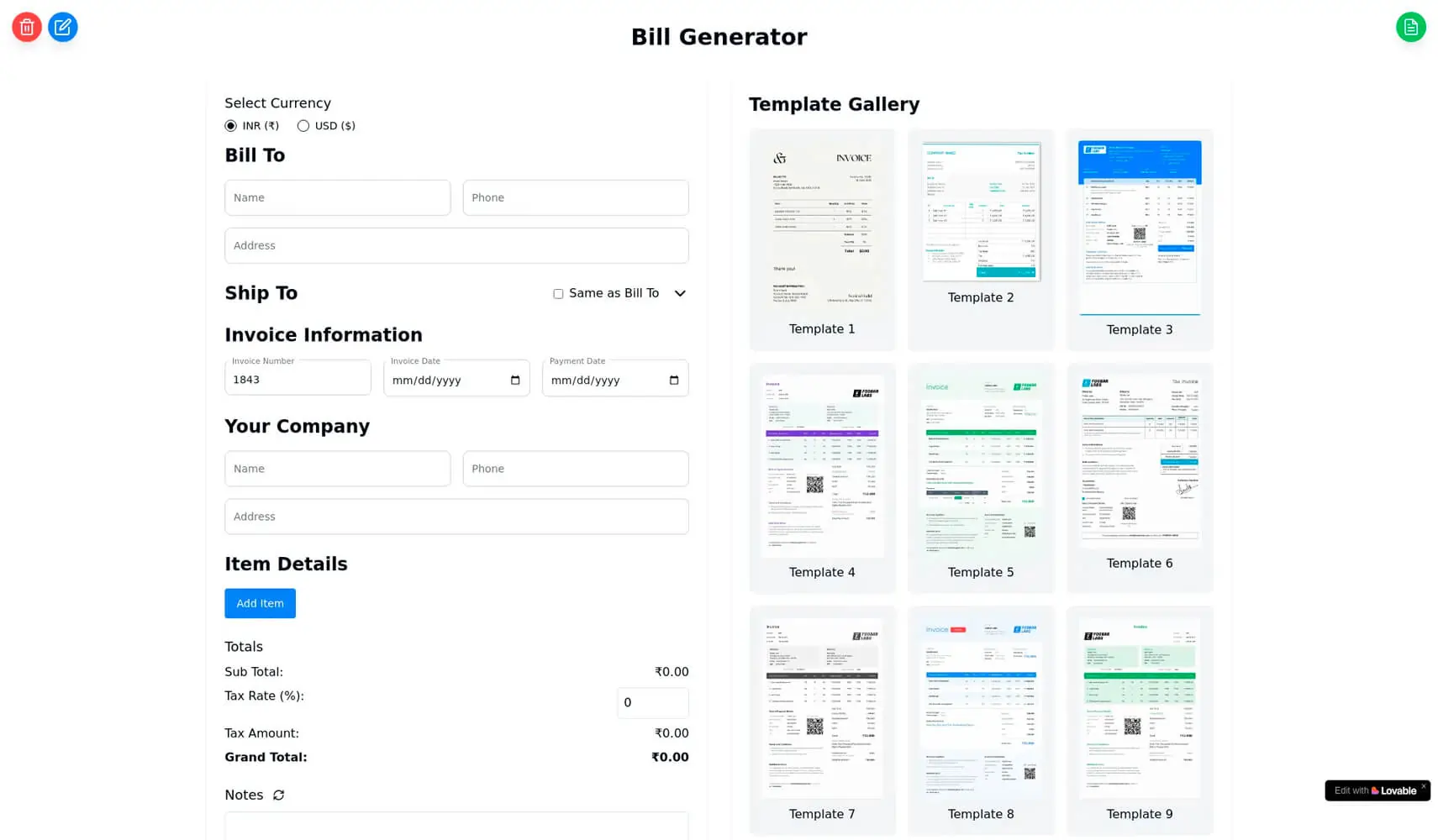
Visual Editor
The visual editor in Lovable is component-driven, allowing you to drag and drop cards, lists, forms, buttons, and layout sections. You can customize styling, page structure, responsiveness, and states without touching code. It also supports dynamic elements linked to your database, so it’s not just for static design-it supports real interactivity.
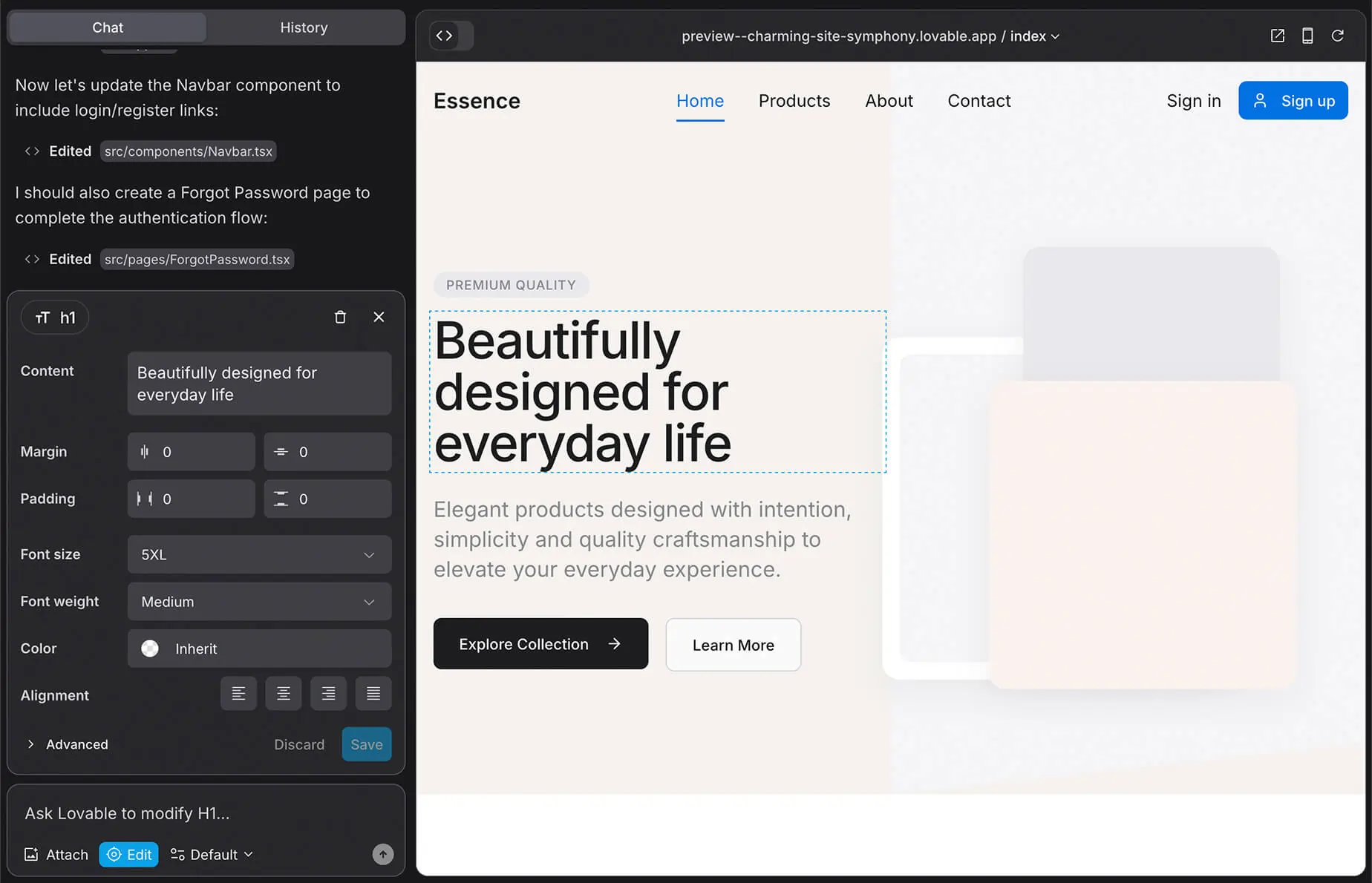
Workflow Automation
Workflows in Lovable are logic-driven sequences that respond to user actions or data changes. You can configure them visually to run conditional logic, send emails, update data, make API calls, or manage user sessions. Advanced workflows support branching, loops, delays, and error handling-making it suitable for complex business rules.
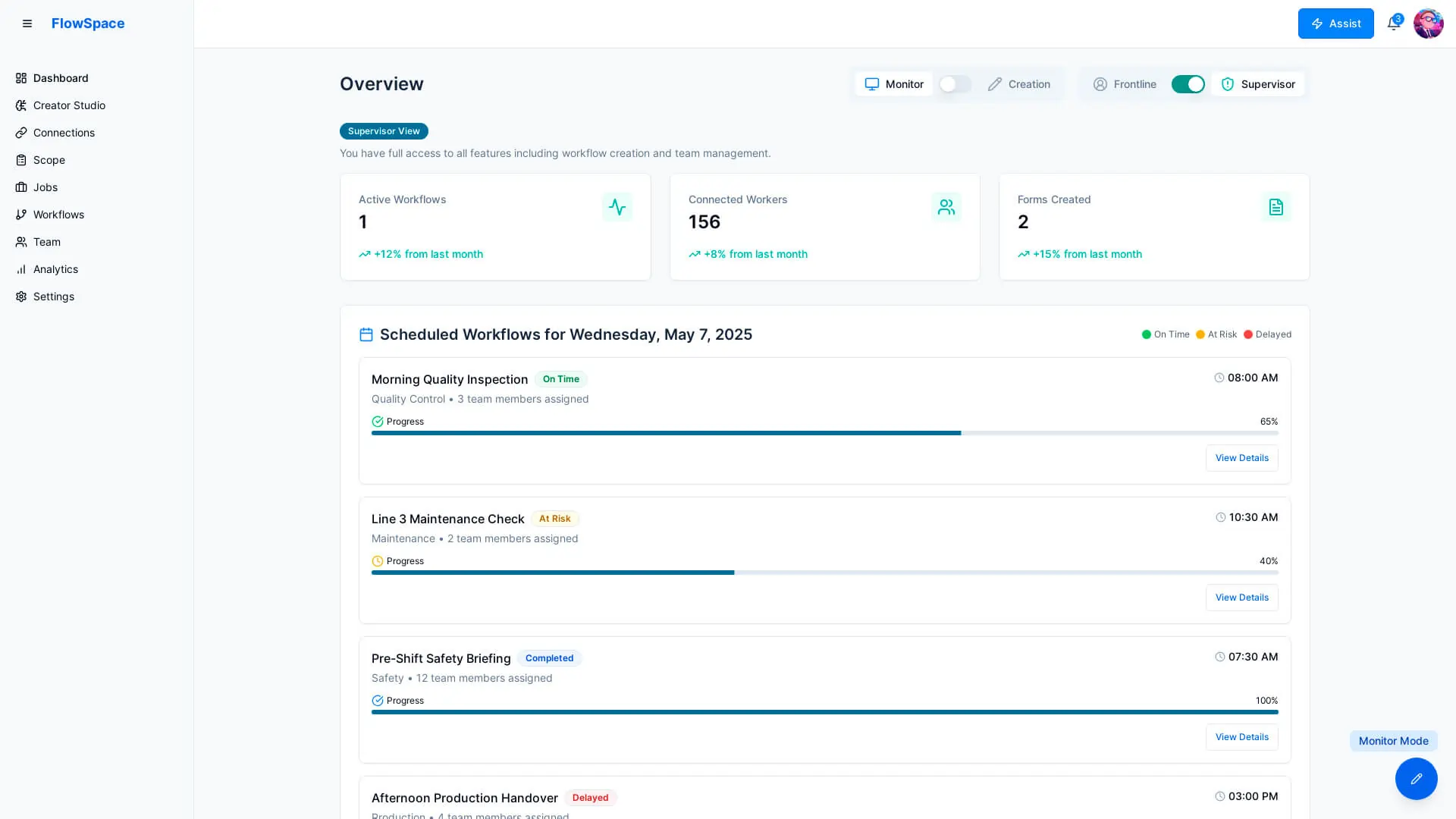
Structured Database
Lovable offers a robust data modeling system. You can define entities, relational links, custom field types, required validations, and access permissions per role. It supports reference fields, dynamic filtering, calculated fields, and data visibility controls-ideal for apps with multi-user data views or secure data handling.
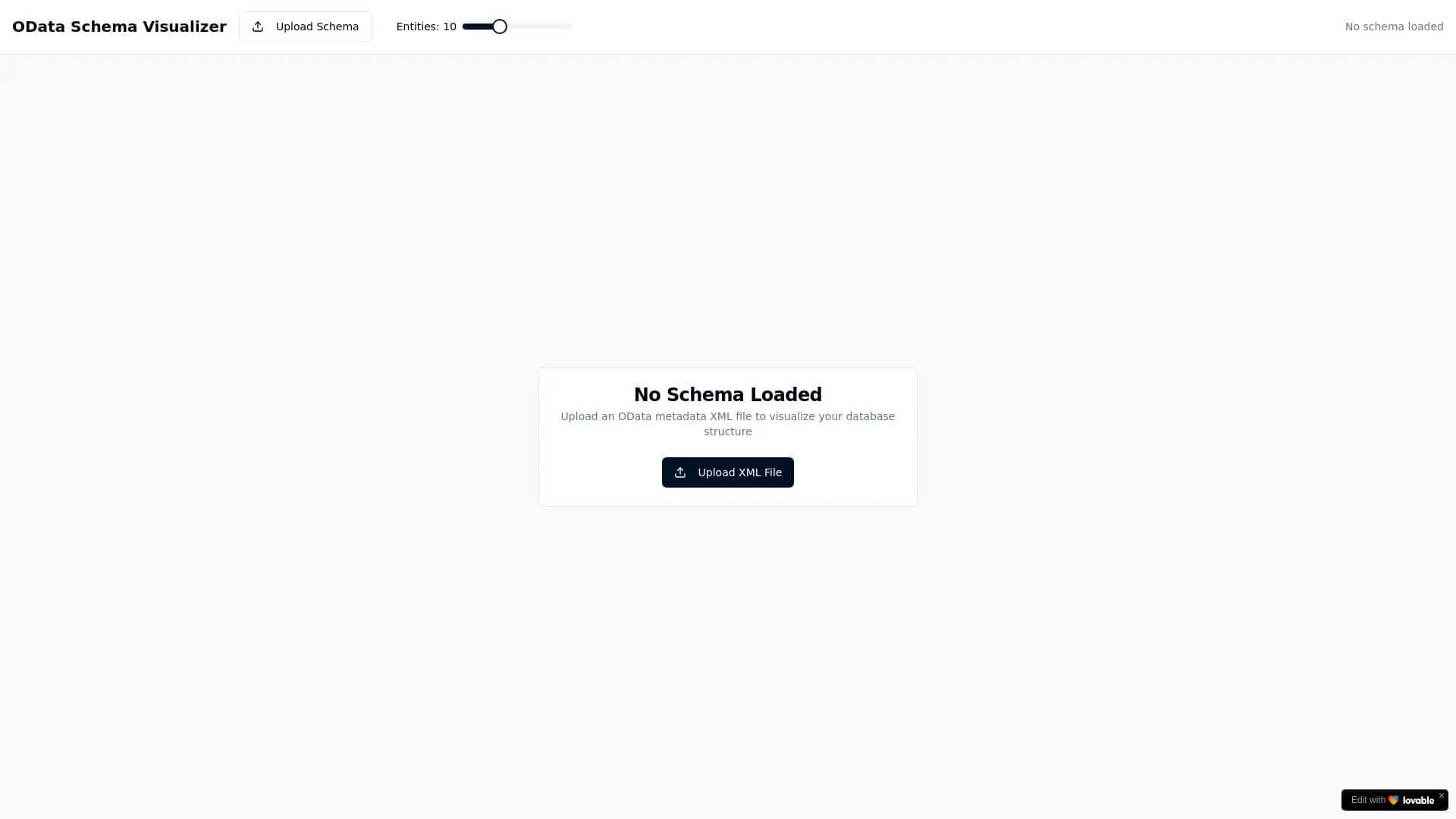
Authentication and Roles
User management is built-in, with support for sign up/login flows, password resets, role-based page protection, and granular workflow access control. You can create roles such as Admin, Staff, or Customer and restrict which parts of the app they can access or edit.
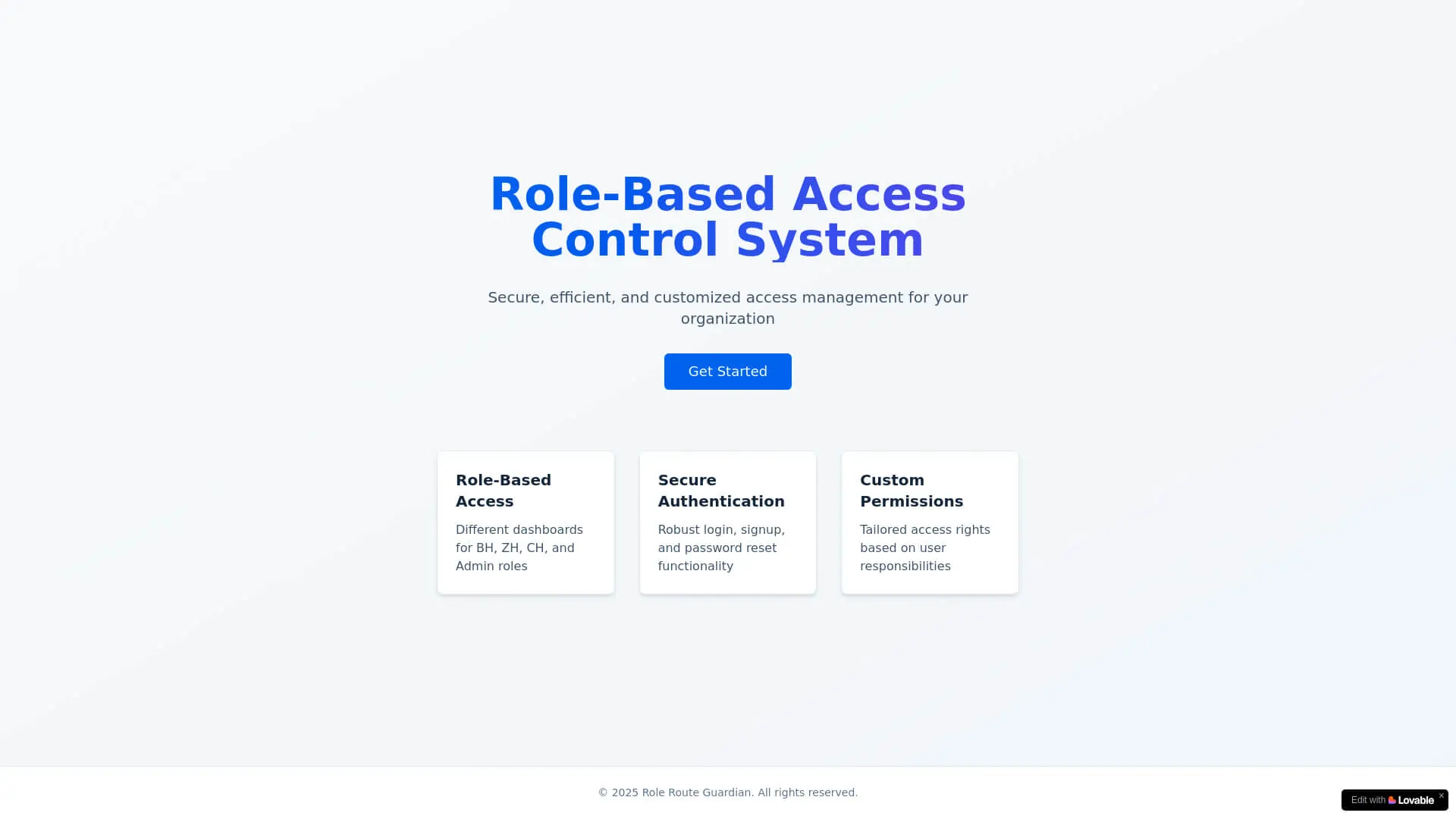
Stripe Integration
The Stripe integration allows you to embed checkout, accept recurring or one-time payments, and track payment status. It’s easy to trigger post-payment workflows like access provisioning, invoices, or thank-you emails. This makes it perfect for SaaS apps, gated content, or donation-based tools.
Custom Domains
With just a few clicks, you can connect your Lovable app to your own domain (like app.yourcompany.com). The platform handles SSL automatically and allows you to map staging and production environments separately-keeping internal and public versions cleanly separated.
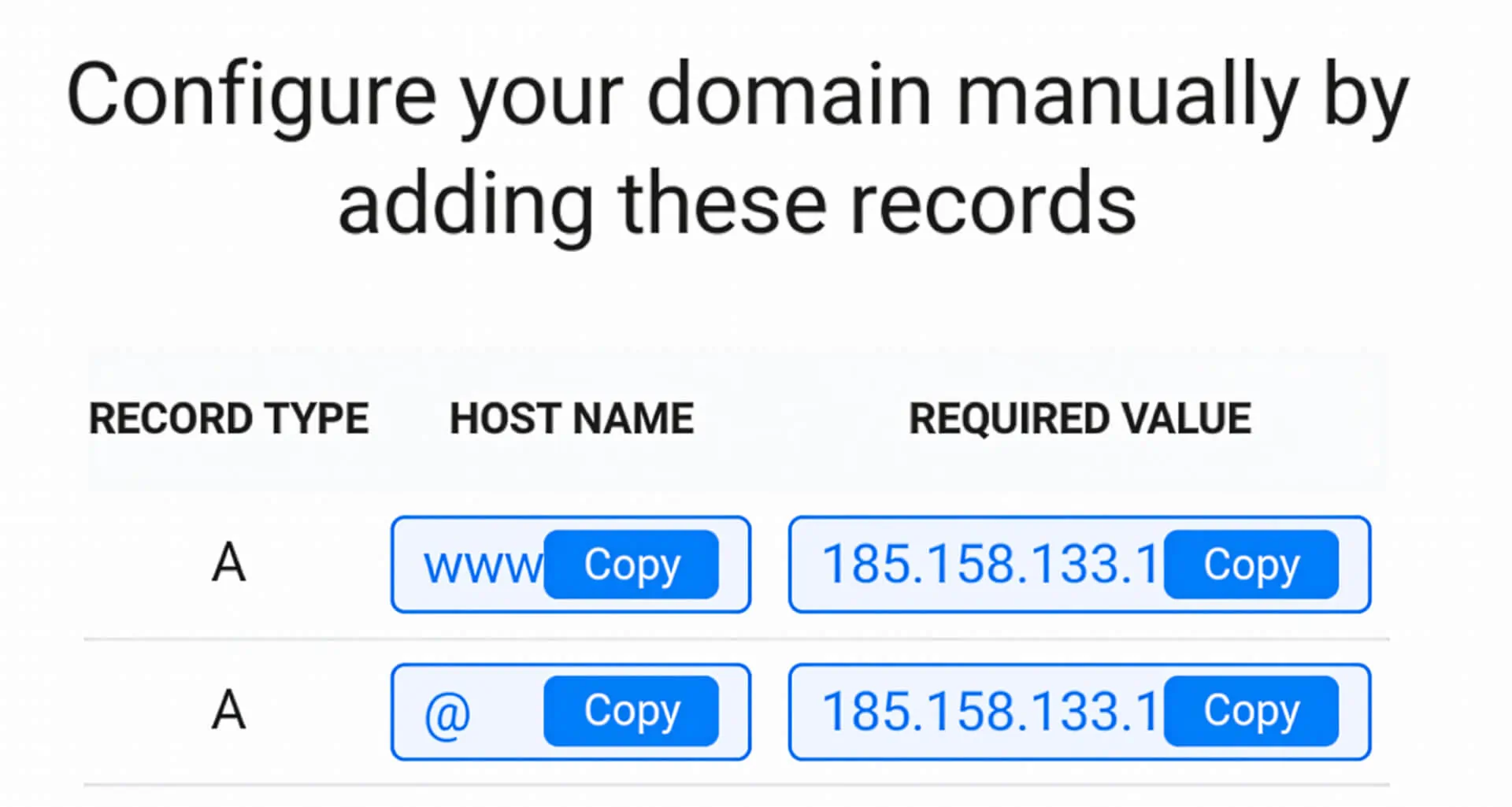
Email Notifications
Lovable lets you set up transactional or workflow-triggered emails via built-in providers like Resend. Whether you’re confirming signups, sending alerts, or notifying users of status updates, you can personalize messages and use conditional logic to decide when and to whom emails are sent.
Real-Time Collaboration
Multiple users can work on the same project simultaneously, with defined access permissions. You can assign collaborators to specific features or modules and avoid conflicts with built-in change tracking. This is particularly useful for product managers, designers, and QA working in parallel.
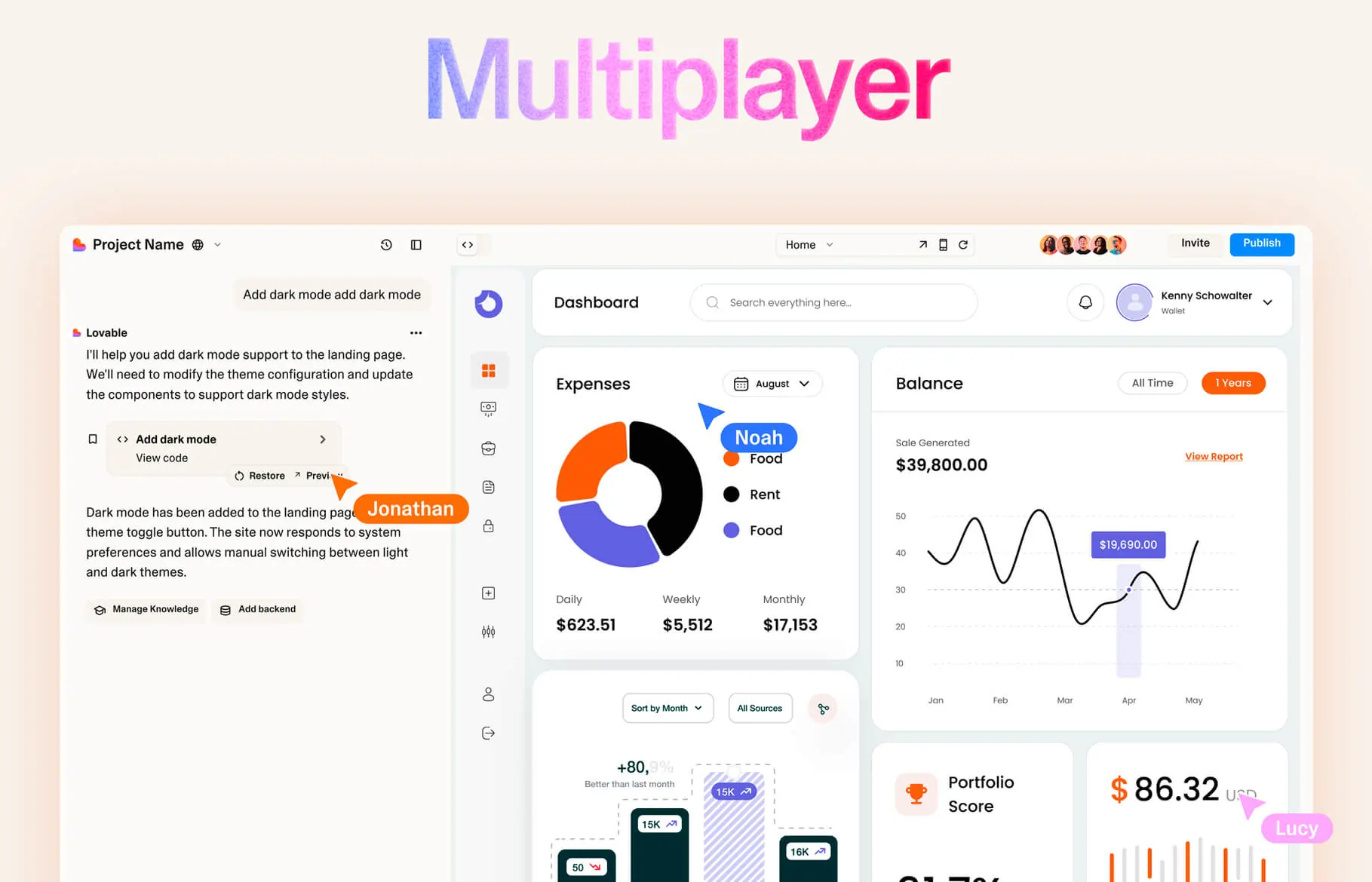
Versioning & Environments
Every app in Lovable has version control and environment management. You can create drafts, preview changes in a staging environment, and promote stable builds to production. It also keeps a full history of changes so you can roll back to earlier states when needed, critical for debugging or testing rollouts.
Integrations
Lovable.dev supports a growing list of native and verified integrations for data, payments, AI, visualization, and code management. These integrations make it easier to connect your app with powerful external services without needing to write manual connectors or external logic.
Here’s what’s currently supported:
- Supabase (Native) – Use Supabase to store and manage your app’s data in a scalable Postgres database with real-time sync and role-based access.
- GitHub (Native) – Manage your Lovable-generated code within a GitHub repository. Enables versioning and collaboration with developers.
- Runware (Verified) – Use Runware’s AI-powered image generation to create images from text prompts and display them in your app.
- OpenAI (Verified) – Add GPT-based features like content generation, summaries, chat, or custom AI assistants.
- Anthropic (Verified) – Leverage Claude for structured, conversational AI capabilities within your app.
- Stripe (Verified) – Accept payments, manage subscriptions, and create checkout flows seamlessly.
- Three.js (Verified) – Embed interactive 3D graphics and scenes using Three.js directly in your UI.
- Resend (Verified) – Send transactional emails through Resend’s email API for onboarding, alerts, and confirmations.
- D3.js (Verified) – Build dynamic, interactive data visualizations using D3.js for dashboards or analytics views.
- Highcharts (Verified) – Add beautiful, professional-quality charts and graphs.
- p5.js & p6.js (Verified) – Use these libraries for creative coding and interactive visual graphics within your Lovable app.
All integrations are built to work seamlessly through Lovable’s workflow engine or component settings. You can also bring in additional APIs using HTTP requests and webhooks, but these built-in integrations reduce the time and complexity of connecting popular tools.
What You Can Build with Lovable
Lovable.dev supports an impressive range of use cases-from basic landing pages to full-scale business tools. Whether you’re launching a product, showcasing a portfolio, managing internal ops, or building AI-driven dashboards, Lovable provides tailored templates and flexible architecture to support it.
Here are the major solution categories you can build with Lovable:
Landing Pages & Websites
- App Landing Pages
- AI Chatbot Pages
- Course & Webinar Funnels
- Affiliate, Comparison, and Product Launch Sites
- Newsletters, eBooks, and Marketing Campaigns
- Personal Blogs, Portfolio Pages, Nonprofit Fundraisers
Front-End & Creative Tools
- Digital Whiteboards
- Flashcard & Quiz Apps
- Interactive Maps and Tutorials
- Calendar Tools & Invoicing Apps
- Resume Builders, Music/Media Players, and Mind Mapping Tools
- Games, SVG Editors, and Configurators
Full-Stack Applications
- E-commerce Platforms
- CRM & CMS Solutions
- Mentorship or Job Matching Platforms
- Learning Systems and Internal Knowledge Bases
- Auction Tools, Social Platforms, and Peer-to-Peer Apps
- Subscription Management and Hiring Portals
Dashboards & Data Apps
- Ad Campaign & Business Insights Dashboards
- Ecommerce, Energy, and Fleet Analytics
- IT Infrastructure & Manufacturing Monitoring
- Marketing, Wellness, and Financial Tools
- Real Estate, Education, and Environmental Dashboards
Internal Tools
- Forecasting, Budgeting, and Expense Tracking
- Document Automation & E-Signature Tools
- Support Ticketing and Surveys
- Internal Communications, Hackathons, and Performance Reviews
- Time Tracking, Revenue Dashboards, and Standup Bots
This variety shows that Lovable is not just for startups or marketing teams. It’s equally powerful for operations, HR, education, finance, healthcare, and product-led teams that need tools tailored to their workflows.
Available on
Lovable is compatible with all platforms.
Performance:
Apps built with Lovable are fast and stable. Pages render instantly, workflows run without lag, and changes update in real time. The platform handles UI responsiveness automatically, so your app works on any device.
We’ve used Lovable in production without performance issues. It keeps up whether you’re showing reports, managing forms, or running logic-heavy automations.
My First-Person Experience
We’ve used Lovable for production dashboards, user-facing portals, and internal business tools. What used to take weeks to develop now takes days, sometimes hours.
We like that it’s fast when needed (AI generation) but flexible when you want control (manual edits). The balance between ease and power is what convinced us to keep using it for real deliverables, not just side projects.
Ease Of Use:
Lovable’s workspace is clean and easy to navigate. Everything is separated into logical areas: UI design, data modeling, workflows, auth, and deployment. You can drag and drop elements, but more importantly, you can define how your app behaves.
The AI helps you generate scaffolds, but you’re never locked into the output. You can revise layouts, connect components to data, and test flows visually. For small business owners or product managers, this means you don’t need a dev team to build real functionality.
Can I Really Use Lovable.dev to Launch a Live Tool?
Yes-this is where Lovable shines. While many no-code tools are meant for prototypes, Lovable is designed to take your app into production. With the Pro plan, you can:
- Set up custom domains
- Add user roles and permissions
- Connect real-time data workflows
- Enable Stripe payments
- Deploy with version control and staging
We’ve used Lovable to ship live dashboards, internal tools, and user-facing apps with real functionality. It’s not a placeholder or sandbox-it’s a deployable stack.
Uniqueness:
Lovable.dev is more than just a no-code tool-it’s an entirely new way of thinking about software creation. What makes it unique is its combination of powerful development features with an AI-first, user-centric workflow. It isn’t just fast or easy-it’s thoughtfully engineered for control, scale, and launch.
Here’s what sets it apart:
- AI-Driven Build Engine: Lovable doesn’t just create static pages. Its AI understands logic, flow, and component hierarchy, generating full-stack scaffolds that connect front-end, data, and backend workflows instantly.
- Pro-Level App Architecture: You work within a real development environment with tabs for data models, workflows, environments, auth, and roles. You’re not boxed into a template-you’re shaping the product’s logic as if you were writing code.
- No Lock-In Editing: The AI helps you start, but the platform doesn’t trap you in AI-generated results. You can override everything-pages, styles, logic, workflows, data relationships-giving creators the freedom to go beyond prototypes.
- Staging & Production Environments: Rare in no-code platforms, Lovable includes native support for real-world deployment flow. You can stage your changes, test thoroughly, and promote stable builds without risk.
- Built for Real Teams: With real-time collaboration, permission controls, GitHub integration, and live change tracking, Lovable is not just for solo founders-it’s usable by product managers, designers, and technical teams working in sync.
- Integrated Developer-Ready Features: You can connect custom APIs, sync with GitHub, and integrate tools like Supabase, OpenAI, Stripe, and more, without writing glue code. It’s extensible for scale and long-term evolution.
Most no-code platforms target either beginners or developers. Lovable aims at builders who think in workflows, customer experiences, and outcomes. It empowers them to ship software without bottlenecks and without shortcuts.
Lovable isn’t just faster or easier. It’s structurally different-and built for the kind of software that grows with your business.
Verdict:
Lovable.dev is a serious platform for serious builders. Whether you’re launching a SaaS app, replacing internal spreadsheets, or building a client portal, it gives you the tools to do it quickly-without cutting corners.
From my experience, this is the first time I’ve seen a platform where I could describe a feature or flow, like a form submission logic or a dashboard with real-time content-and have it appear in minutes, ready to test, edit, and ship. What’s even more remarkable is that I didn’t need to code any of it, yet the results weren’t basic mockups-they were production-grade features with data, workflows, and permissions fully in place.
I’ve built apps with email triggers, version control, and page-level user roles, and I was able to switch between different layout templates for specific pages inside Lovable. Even when I hit a hiccup, like an AI misunderstanding or misplacing a component, I could just roll back to a previous version or adjust with a prompt.
This tool has become an essential part of how I deliver working prototypes to my R&D team, and even they’ve been impressed with how complete and developer-friendly the handoff is. For anyone looking to move fast without sacrificing structure, Lovable is easily one of the most powerful and practical options out there today.
